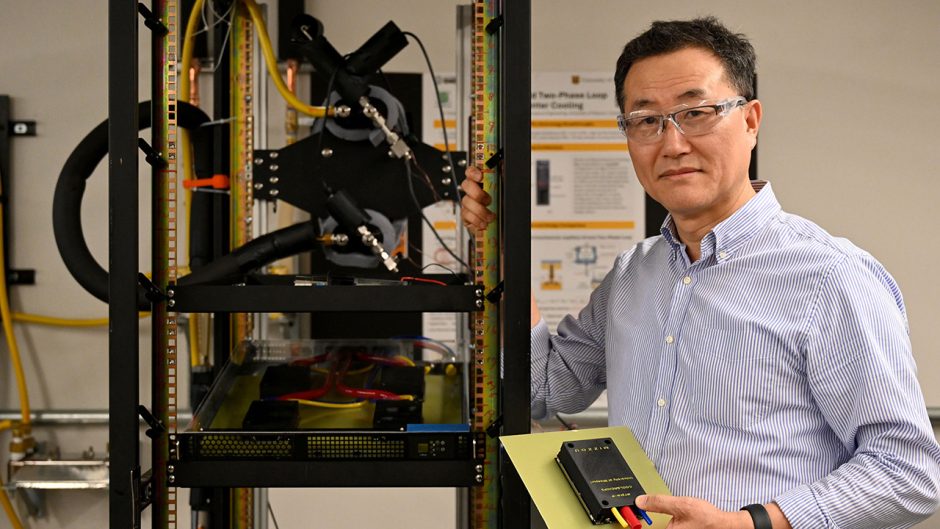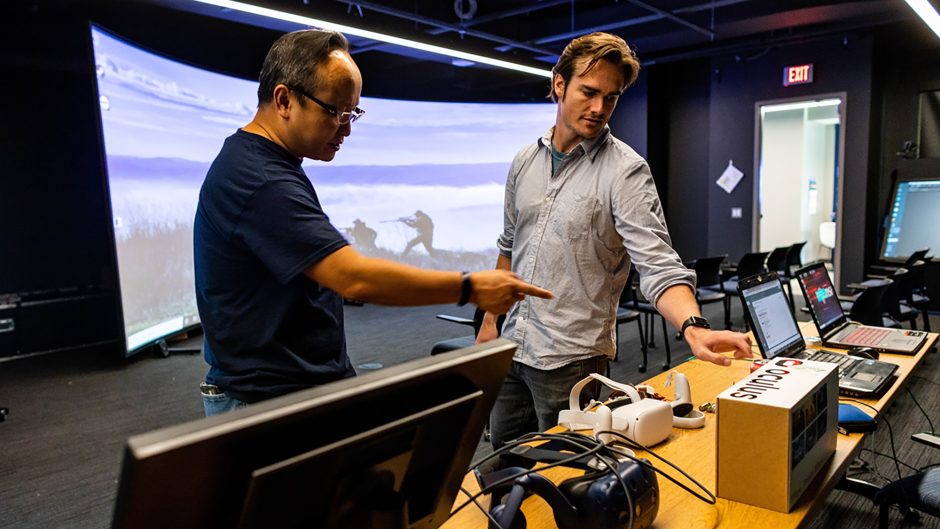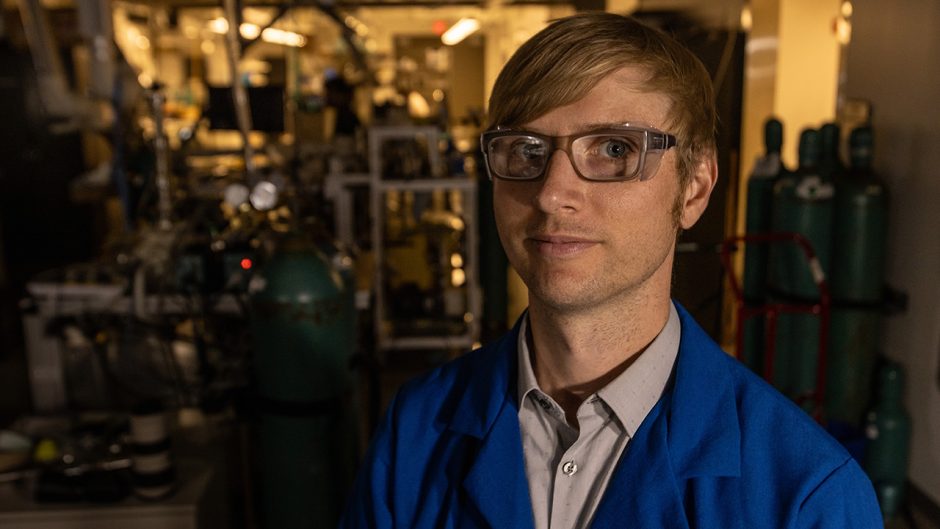Nov. 11, 2019
Contact: Sheena Rice, 573-882-8353, ricesm@missouri.edu
University of Missouri officials announced MU is one of 20 universities joining a three-year effort to develop inclusive faculty recruitment, hiring and retention practices. The Association of Public and Land-grant Universities (APLU) co-leads the effort, known as Aspire: The National Alliance for Inclusive & Diverse STEM Faculty.
“Inclusive excellence is a top priority for Missouri’s flagship university as we prepare our students for a global workforce, and as we develop discoveries that solve the world’s grand challenges,” Chancellor Alexander N. Cartwright said. “I am thrilled MU will participate in this critical initiative, as recruitment and retention of exceptional faculty who are diverse remains a top priority for our leadership team.”
The new universities join an inaugural set of institutions that began working together to advance such work earlier this year. The National Science Foundation funds the effort as part of its inclusion initiative.
“We are thrilled to have the opportunity to be part of this alliance,” MU Provost Latha Ramchand said. “Inclusive excellence is a major focus of the University of Missouri, and we believe that participating in the alliance will help us recruit and retain outstanding faculty in the STEM fields.”
The initiative aims at ensuring all faculty in science, technology, engineering and math fields use inclusive teaching practices and that institutions increase the diversity of their STEM professoriate. Participating universities begin their work with a self-assessment of current practices and assets. The institutions will then develop and implement campus action plans to drive change across all STEM programs.
“Increased representation of diverse faculty and the integration of inclusive teaching, advising and mentoring practices have been proven to significantly impact and benefit access and student success,” said NaTashua Davis, interim MU Vice Chancellor of Inclusion, Diversity & Equity. “Our participation in this prestigious network will provide us with a platform to build upon our existing initiatives and work collaboratively toward creating a comprehensive plan to actively contribute to achieving the transformative goals of the project.”
The Aspire Alliance is engaging the 20 universities through its Institutional Change Network. The network provides universities with comprehensive support and resources for institutional change, including access to national partners in a concierge-style approach to technical assistance.
Davis, along with Inya Baiye, assistant vice chancellor of inclusive excellence and strategic initiatives in the Division of Inclusion, Diversity and Equity, led the university’s application to the program and will be partnering with the Office of the Provost to advance the initiative at MU.
“Recruiting, hiring and retaining more inclusive and diverse STEM faculty on our campuses is essential for the increased success of all STEM students, the increased quality and production of our scientists, and public universities’ ability to achieve their mission to improve lives,” said Travis York, APLU’s assistant vice president and co-leader of the Institutional Change Network. “Increasing diversity, equity, and inclusion within a project aimed at catalyzing large-scale innovation and change is extremely difficult – which is why we’re thrilled to announce a new cohort of institutions committed to working collaboratively to do exactly that on their campuses.”
MU’s membership in the Institutional Change Network builds on our other STEM-related inclusion efforts such as THRIVE, an MU initiative to promote the inclusion of students from underrepresented groups in science under a grant from the Howard Hughes Medical Institute. MU is also a member of the Center for the Integration of Research, Teaching and Learning, a National Science Foundation-funded network of research universities committed to preparing outstanding future faculty in STEM disciplines.
Despite a national focus on diversity and student success, efforts to increase underrepresented faculty have not been as successful as intended, particularly in the STEM disciplines. A 2019 analysis from the National Science Foundation revealed that underrepresented minority faculty occupied a mere 9% of professorships in STEM fields at four-year institutions.
The other public research universities in the new cohort are: Auburn University; Ball State University; Central Michigan University; Florida International University; Iowa State University; North Dakota State University; South Dakota State University; the University of Tennessee, Knoxville; the University of Texas at Austin; University of Arkansas; University of California, Davis; University of Cincinnati; University of Florida; University of Georgia; the University of Nebraska-Lincoln; University of North Carolina at Charlotte; University of North Texas; University of South Florida; and Western Michigan University.
APLU is a research, policy, and advocacy organization dedicated to strengthening and advancing the work of public universities in the U.S., Canada, and Mexico. With a membership of 241 public research universities, land-grant institutions, state university systems, and affiliated organizations, APLU's agenda is built on the three pillars of increasing degree completion and academic success, advancing scientific research, and expanding engagement. Annually, member campuses enroll 4.9 million undergraduates and 1.3 million graduate students, award 1.3 million degrees, employ 1.3 million faculty and staff, and conduct $44.9 billion in university-based research.





